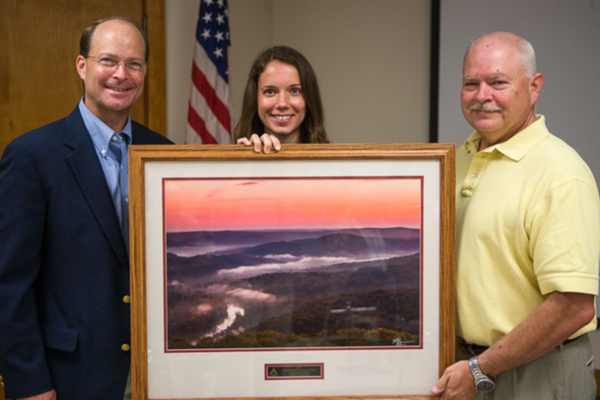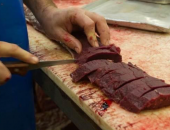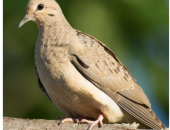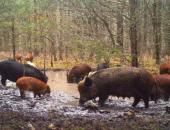Local News
MDC Awards Angel Pierce for Outstanding Public Outreach
October 21st 2016 by Dee Loflin

Pierce receives this award for her coordination of the Southeast Region’s “Day on the River” event. This annual event attracts more than 2,000 people and helps connect them to the Mississippi River and its importance as habitat and as a natural resource.
“While most people in the area see the Mississippi River, many don’t know much about the history and dynamics of the river. Pierce’s efforts with this event fill this void,” said Sara Turner, MDC manager of the Cape Girardeau Conservation Nature Center. “Coordinating this large event successfully is an achievement by any standard.”
Day on the River typically occurs in early September. However, the nature center has regular programs to help people discover nature all year long.
Last Updated on October 21st 2016 by Dee Loflin
https://showmetimes.com/Blogpost/v5q2/MDC-Awards-Angel-Pierce-for-Outstanding-Public-Outreach





